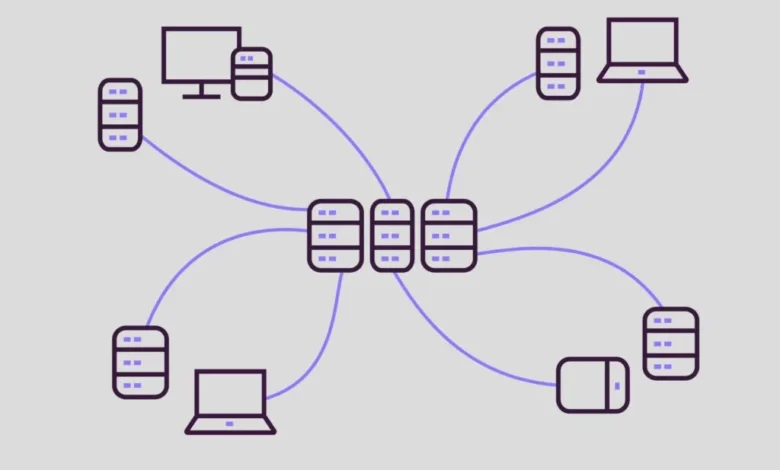
Introduction to the AI Opportunity for MSPs
Artificial intelligence has quickly shifted from a “nice to have” to a necessity. This can be a problem for the 34% of respondents in a recent IT Trends Report who don’t yet have a policy in place to tackle AI concerns. For managed service providers (MSPs), the stakes are high as clients are already experimenting with AI tools, often without oversight, introducing risks but also creating opportunities. Shadow AI, when employees bypass official IT policies and adopt unapproved AI tools, is an example of exactly what can expose organizations to compliance issues, data leakage, or simply ineffective deployments.
This is where MSPs can, and should, take the lead in shaping AI adoption. MSPs are in a unique position to establish policies, enforce governance, and ensure AI delivers measurable value before clients go rogue, dictating direction. Taking the helm means building credibility with clients who expect forward-looking guidance, in addition to making sure you aren’t falling behind.
Why AI Is Now Essential in MSP Service Modernization
The service expectations on MSPs have never been greater. While MSPs face limited resources and tighter margins, clients want quicker resolutions, proactive support, and strategic input. AI is not just a tool for efficiency, but a foundation for modern service delivery.
By applying AI to routine tasks, MSPs reduce manual effort, but the bigger payoff comes from increased accuracy, reducing risk. Automated systems can help eliminate human errors that lead to downtime or compliance breaches, which allows MSPs to move beyond firefighting. The same benefits extend to network automation, where AI-enabled processes streamline network management and reduce costly mistakes. These adjustments can position MSPs as trusted advisors capable of guiding clients through an AI-driven future.
Where AI Delivers the Most Value and Where It Doesn’t
AI excels in handling repetitive, time-consuming processes that previously consumed hours of technician bandwidth. 60% of IT pros recently surveyed reported experiencing moderate or higher degrees of burnout in their jobs, primarily due to an increased burden of work. Automation can streamline many simple and tedious operations without compromising service quality, like ticket summarization, knowledge database cleanup, and SaaS app inventory mapping.
That said, it is equally important to consider what complex tasks should not be automated. Relying on AI alone for high-impact security decisions, compliance reviews, or strategic recommendations is risky. Hallucinations, bias, and incomplete data are real challenges with AI that make human oversight indispensable. The best outcomes emerge from hybrid workflows where AI does the heavy lifting on routine tasks and technicians retain the final authority.
Building Scalable and Responsible AI Workflows for MSPs
Scaling AI responsibly starts internally. Before advising clients, MSPs should test and refine AI use cases within their own organizations. Hands-on experience equips teams to speak with credibility and confidence when extending recommendations externally, cementing their status as experts well-positioned to lead the AI charge.
A large part of fostering responsible AI adoption means creating clear guardrails. Acceptable use policies, vetted tool lists, and well-defined handling help MSPs maintain control over how AI is deployed. One helpful approach is the DOMAIN framework: Differentiate, Operationalize, Map, Apply, Inform, and Nurture. This model provides structure for adopting AI internally and guiding clients through the same journey in a measured and responsible way.
Evaluating AI Tools Through an MSP Risk Lens
Successful AI adoption means choosing the right AI tools, which requires more than a checklist of features. MSPs need to evaluate risk factors that can come along with AI tools, such as data privacy protections, vulnerability to prompt injection, and mechanisms for preventing hallucinations. Equally important is integration with core systems like PSA and RMM platforms, ensuring AI enhancements fit into existing workflows. For many MSPs, that may mean re-evaluating existing platforms and considering switching network management solutions to ones that support AI-driven goals.
During the evaluation process, MSPs should press vendors on critical issues: How secure are your models? Can you explain how outputs are generated? Do tools support tenant-level governance to prevent cross-client data exposure? These questions go beyond performance, speaking to long-term trust and accountability; a non-negotiable for AI tools.
Future-Proofing MSP Services With AI-Driven Efficiency
Looking ahead, more and more SMB clients will expect their MSPs to provide AI-backed insights, whether it be in the form of proactive alerts, predictive recommendations, or intelligent reporting. This expectation will reshape how MSPs deliver value.
The future role of AI will not replace the human element, but will free technicians from endless reactive tickets currently consuming more than half of their time, according to 58% of IT professionals. More time available means MSPs can shift their focus toward higher-value activities like consulting on digital strategy and strengthening client security posture. Quarterly business reviews are a good way to formalize this shift and share adoption metrics, identify new opportunities, and reinforce MSP’s role as a strategic partner.
Conclusion
The benefits of AI are not measured solely in saved minutes or the number of tasks automated. MSPs see the ROI of AI in accuracy, stronger governance, and deeper client trust. Those taking steps to embrace AI today will be positioned to scale more effectively while simultaneously delivering measurable service improvements and cultivating long-term loyalty for the future.
MSPs who lead with AI adoption and enforce necessary guardrails will have a competitive edge over others caught in reactive cycles. Future success belongs to those ready to balance innovation with responsibility.




